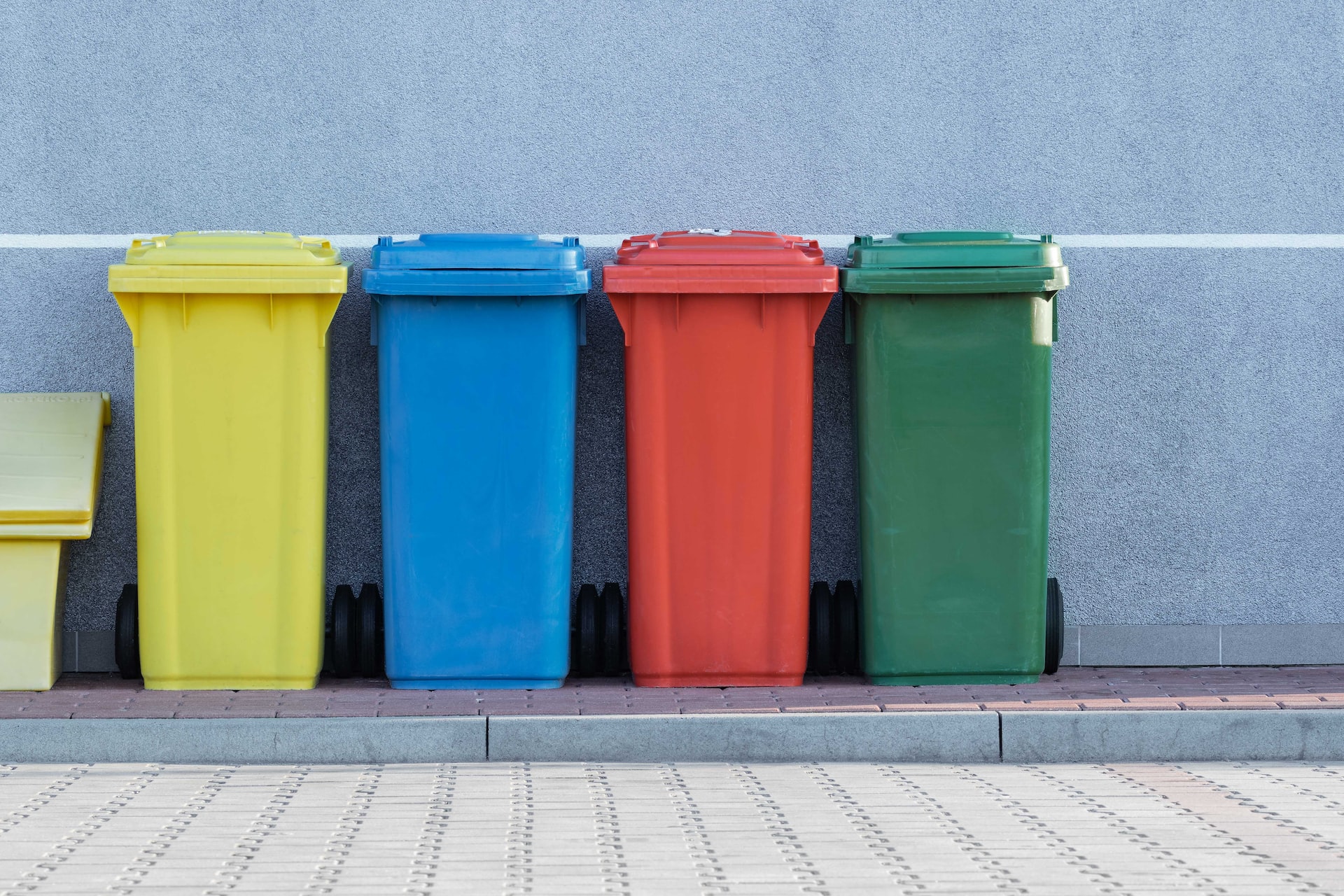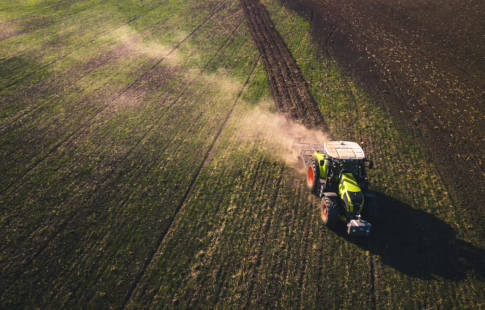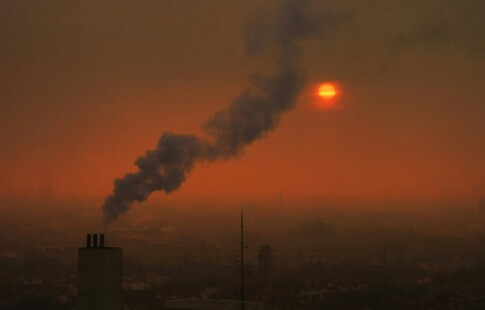
Is Recycling Worth It? What You Should Know
We are reader-supported. When you buy through links on our site, we may earn affiliate commission.
If you’re a dedicated recycler, you’ve undoubtedly encountered at least one person who said, “Why do you even bother? It all ends up in the same place, anyway.” Perhaps you brushed them off as ill-informed, but lingering doubts remained. So, is recycling worth it or not?
The bottom line: yes — but it’s not that simple. Some methods prove superior to others, and doing the wrong thing can prove more harmful than beneficial. Here are five things to consider when asking yourself whether your recycling efforts are worth it.
The Weighty Landfill Methane Toll
The concept behind recycling is simple: take old materials and make them new again instead of harvesting raw materials. For example, recycling paper products can reduce the need to fell more trees to maintain production levels. Each ton of paper recycled saves 17 trees — plus oil, water, landfill space and kilowatts of energy.
However, that’s not the only reason that recycling is worth it. When organic matter like paper and food scraps decompose in landfills, the conditions aren’t right for them to break down into rich, organic compost. Instead, these facilities release an enormous amount of methane into the air. The U.S. alone contributed 109.3 million metric tons of this noxious gas into the atmosphere in 2020 alone, making up 16.8% of total anthropogenic methane emissions.
When it comes to environmental damage, methane tops carbon dioxide by far. It’s 25 times more efficient at trapping heat in the atmosphere, contributing to the excessive heat waves already plaguing parts of Europe and Asia. Its atmospheric concentrations have doubled in the last two centuries as industry took over the economy.
Recycling is worth it because it reduces the amount of material in landfills. It even helps indirectly by minimizing the conditions that cause excess methane production — fewer cans and bottles mean the remaining organic waste has a better chance of breaking down properly.
Microplastics in Nearly Everything
Another reason recycling is worth it is to minimize the soaring numbers of microplastics infiltrating nearly everything on earth. They’ve even been found in the gut of animals on one of the world’s most remote Antarctic islands. This insidious stuff is everywhere.
These substances can wreak a devastating toll on animal and human health. Many people know about turtles becoming entangled in plastic ring tabs. They may also know that marine animals often accidentally consume plastics, filling their bellies but leaving them malnourished and starving.
Microplastics also contain various chemicals. Some of them are imparted during manufacturing, while others arise from atmospheric contact with the sun or heat. Some of these are toxic, with researchers proving how they alter human DNA and potentially lead to cancer and other diseases.
And Some of It Is Hard to Recycle
The problem with plastic is that much of it isn’t recyclable. If you do nothing else to green your footprint, please stop using plastic bags at grocery stores. These can’t be recycled by most facilities and jam up the equipment when people accidentally place them in bins. The city of Phoenix alone loses $1 million a year thanks to plastic bags gumming up the works.
If you heard people say, “that stuff just ends up in the trash, anyway,” they’re probably referring to plastics #3 through #7. There are seven categories of plastics for recycling, but most facilities only accept #1 and #2.
At one time, manufacturers exported many of the higher-numbered materials to overseas facilities for processing. However, they aren’t immune from problems because they occupy foreign shores. Many such firms began demanding materials be thoroughly cleaned and rinsed, raising prices prohibitively high and causing domestic facilities to scramble for alternative solutions.
Your best bet is to reduce the amount of plastic you use. Please, check the packaging and make conscientious consumer choices. Furthermore, learn what you can and can’t put in your sorting bin to avoid causing headaches at your local recycling center.
The Trash Has to Go Somewhere
Ultimately, recycling is worth it because there is no Planet B. All the waste humans produce has to go somewhere, and there’s a finite amount of land for housing, agricultural and landfill use.
However, it pays to do it right. You should still rinse everything before recycling, as chunks of food or liquids can contaminate an entire batch. Generally, it’s still far better to transport your goods to a sorting center than go with a single stream service, and here’s why.
What About Single-Stream Recycling?
Many waste management companies have sought to minimize customer frustration regarding recycling. After all, running to the sorting center takes time and energy, even if you coordinate your trip with other needs, like grocery shopping.
However, many of those materials are too contaminated to recycle. Furthermore, some objects, like glass, cause excessive wear and tear on single-stream sorting machines. Although this material is infinitely recyclable, it causes more trouble than it’s worth when you toss it in with the rest of your used goods.
The bottom line: going single-stream will result in a considerable portion of your trash being recycled, but not all of it. If you’re a dedicated ambassador of Planet Green, your best bet is still to sort.
Is Recycling Worth It? Yes, Especially When Done Right
Is recycling worth it? The bottom line is yes. It’s essential to preserve the planet’s land and raw materials while lessening energy expenditure and reducing emissions.
However, you should know how to do it right. Recycling is most worth it if you know how to sort and rinse.
Share on
Like what you read? Join other Environment.co readers!
Get the latest updates on our planet by subscribing to the Environment.co newsletter!
About the author

Steve Russell
Steve is the Managing Editor of Environment.co and regularly contributes articles related to wildlife, biodiversity, and recycling. His passions include wildlife photography and bird watching.





